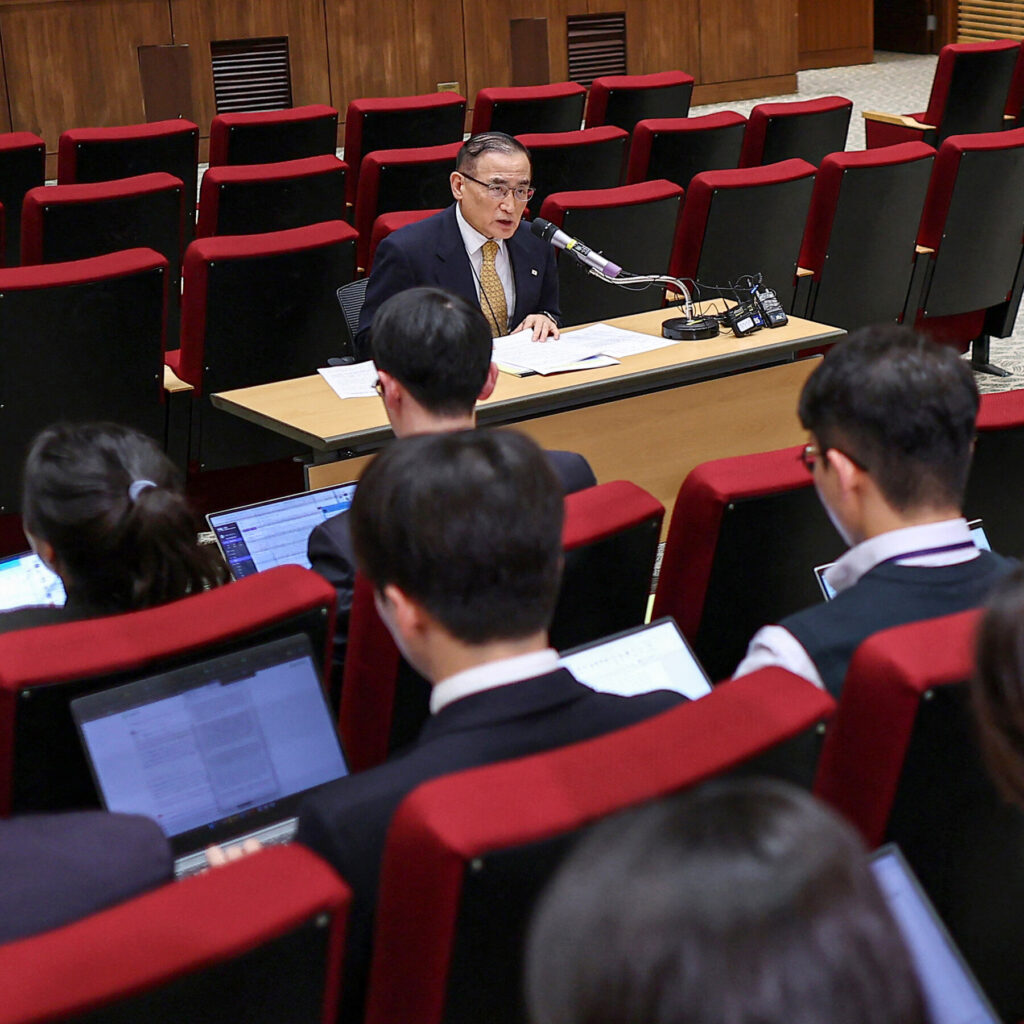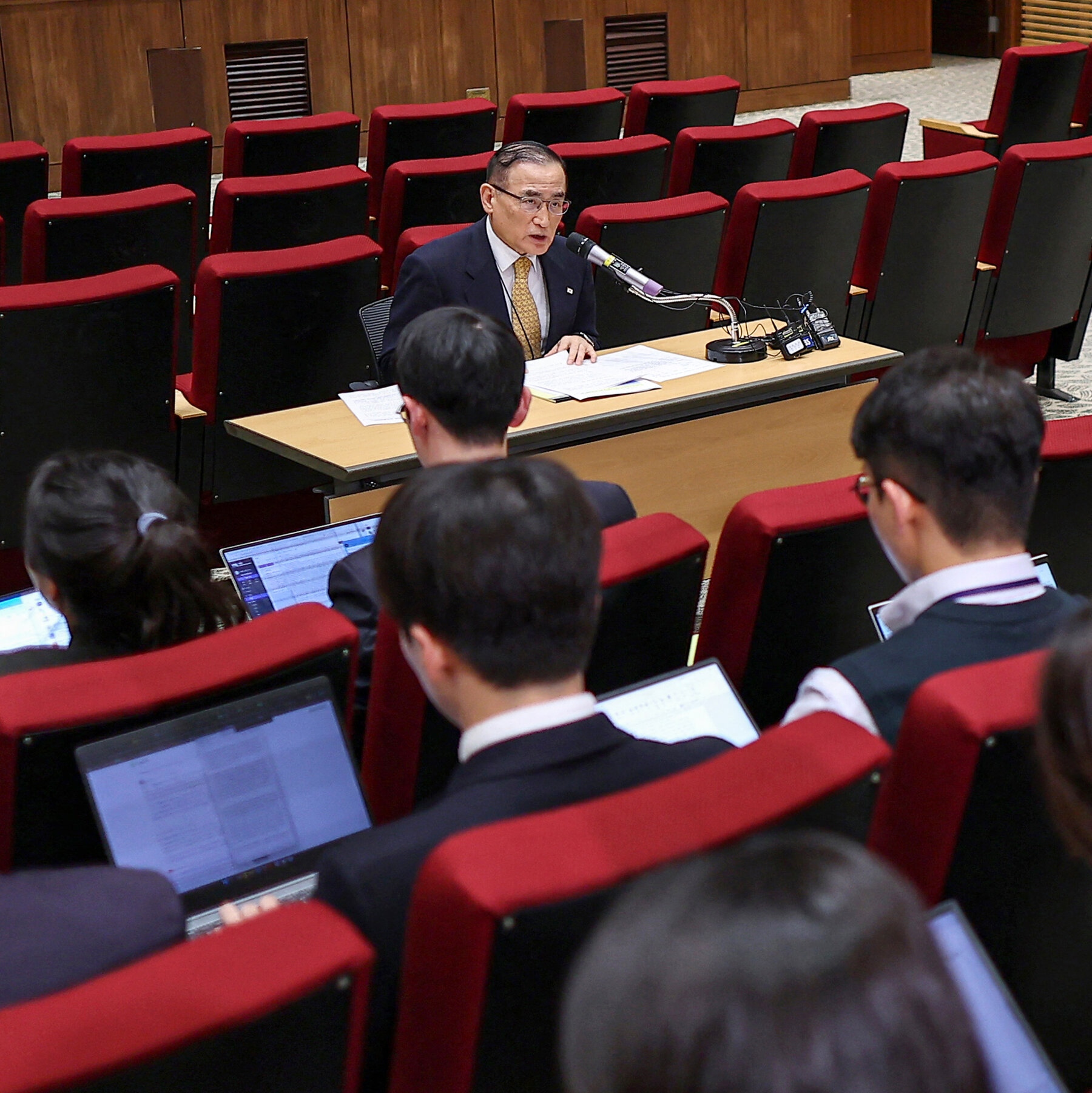South Korea Targets Cambodia’s Scam Industry After Kidnaps, Torture and a Death
South Korea Targets Cambodia’s Scam Industry After Kidnaps, Torture and a Death

South Korea’s efforts are part of a widening international crackdown on criminal groups running online fraud schemes from Southeast Asia.
Read the full article on NY Times World
Truth Analysis
Analysis Summary:
The article appears mostly accurate, focusing on South Korea's response to scam operations in Cambodia. The claims are generally supported by the provided sources, although the NY Times article itself is not directly verifiable. There's a slight bias towards highlighting the negative aspects of the situation in Cambodia.
Detailed Analysis:
- Claim: South Korea targets Cambodia’s scam industry after kidnaps, torture and a death.
- Verification Source #1: Supports the claim that South Korea is taking action related to scam industry in Cambodia.
- Verification Source #2: Supports the claim about kidnappings and scam centers.
- Verification Source #3: Supports the claim about a death of a South Korean student and the focus on scam epidemic.
- Verification Source #4: Supports the claim about a South Korean found dead in Cambodia related to alleged scams.
- Verification Source #5: Supports the claim that Cambodia has become a den of crime and that there are cases of violence, torture, or death.
- Assessment: Supported
- Claim: South Korea’s efforts are part of a widening international crackdown on criminal groups running online fraud schemes from Southeast Asia.
- Verification Source #1: Implies international involvement by mentioning 200,000 people of various nationalities working in the scam industry.
- Assessment: Supported
Supporting Evidence/Contradictions:
- Source 1: "It is believed that around 200,000 people of various nationalities are working in Cambodia's scam industry, which targets victims worldwide..."
- Source 2: "...scam centers involved in kidnapping dozens of its nationals."
- Source 3: "The issue of South Koreans being caught up in Cambodia's scam epidemic came into the spotlight after the death of a college student in August."

